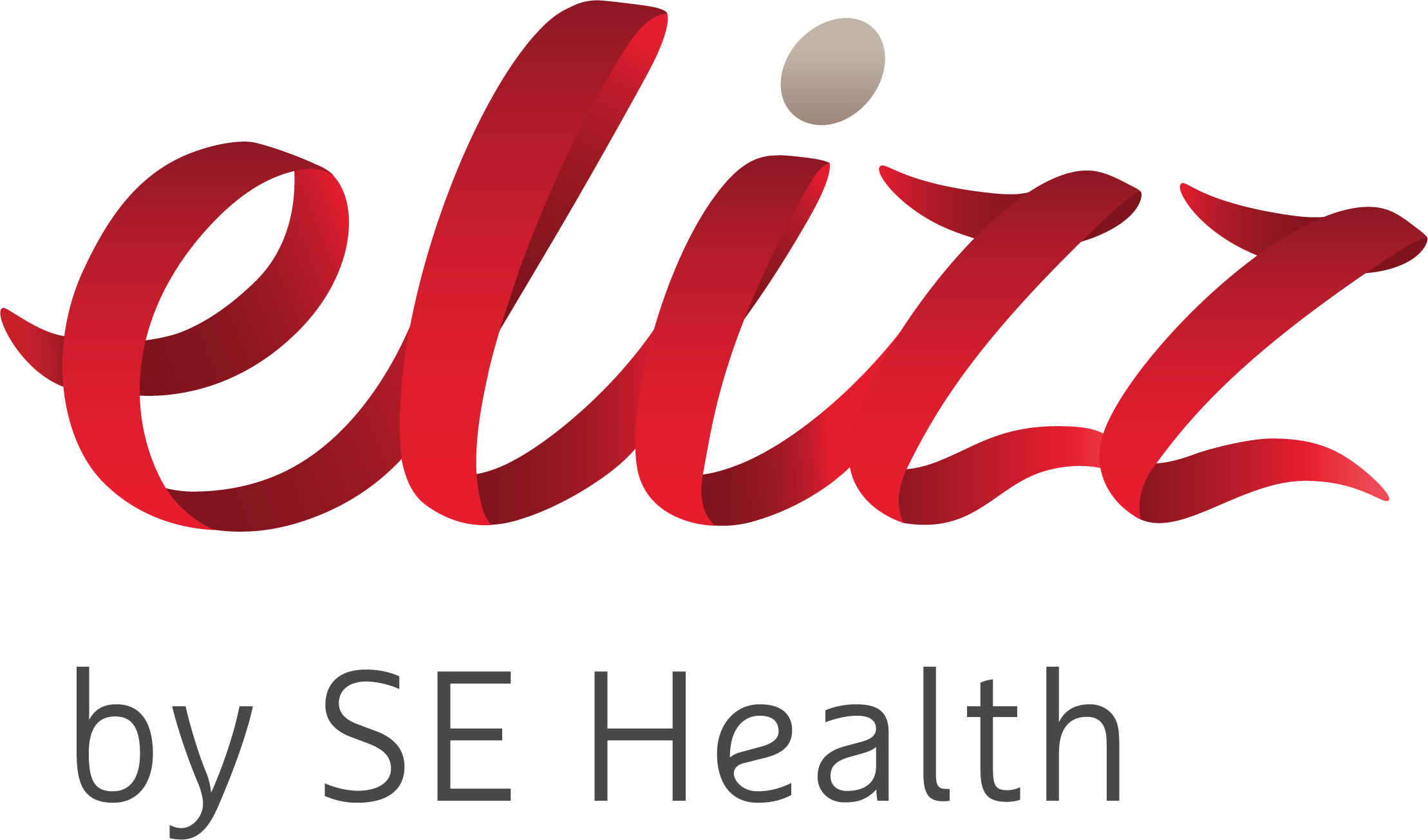Organizing and keeping personal, financial and legal papers

Believe me, it can be a nightmare if important documents aren’t organized and easy to put your hands on. When do most people need these documents? It’s usually when making an important decision and/or in a crisis or emergency situation. These situations are stressful enough. Adding the inability to find an important paper to the mix adds unnecessary stress.
I remember when my Dad died, we needed Mom and Dad’s marriage certificate in order to apply for benefits for my Mom. We scoured the house and couldn’t find this piece of paper anywhere. While it is possible, but a time consuming pain to get a copy of some lost documents, others documents, such as a marriage certificate are more difficult to obtain.
Important legal, personal and financial documents
An important first step in managing important personal documents for is to create a list of all vital documents and where they are located. Your list should include the following:
- Identification documents
Passports, proof of citizenship and/or immigration status documents, driver’s license, marriage certificate, social insurance number, health care card, birth certificate.
- Banking/financial information
Credit cards, debit cards, bank accounts, safety deposit boxes, mortgages, loans, lines of credit, etc.
- Investments/benefits information
Mutual funds, bonds, stocks (and other investment portfolios), pension plans, RRSPs, RESPs, insurance policies, intangible assets, etc.
- Legal documents
Wills, trusts, estate planning, funeral arrangement documents, Power of Attorney documents, litigation documents, etc.
- Income and tangible asset documents/access
Property ownership, vehicles, equipment, post and safety deposit box keys, utilities, insurance papers, and tax returns for the past couple of years.
- Important contact information
Estate and financial planners, beneficiaries, next of kin, accountants, lawyers, etc.
Keep in mind that the document management of important personal information may need to change over time and should be updated on a regular basis. One suggestion is to review this list at the same time every year, such as when you file your taxes.
When storing important personal documents outside of the home, it’s good to have photocopies in the home so that these important documents can be accessed quickly and easily – you may not always have time to run to the bank or storage facility to get them in case of an emergency.
Marie Kondo, Japanese organization expert, advises us to store important personal, financial, and legal documents altogether in one secure place. This could be a fire-proof safe in the home or a safety deposit box. Marie Kondo has a whole method to help declutter and organize all of our ‘stuff’.
Do you have a good system in place for important documents and papers? Please share.










Hi. I am disabled. I am home bound a shut in so I can’t get to the bank. I found a Notary who will execute the power of attorney form at my home with my brother and myself there. Does Royal Bank have to accept this poa and let my brother do my banking? Thanks so much.
Hi Monica,
I would suggest you arrange a phone meeting with the Bank Manager at your local Royal Bank branch. You can explain your situation and hopefully clear the way for the bank to accept this POA. I hope this all goes smoothly.
Take good care, Jane